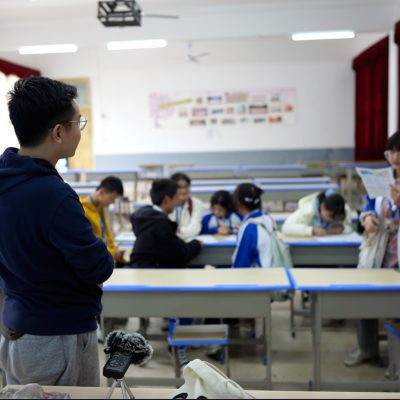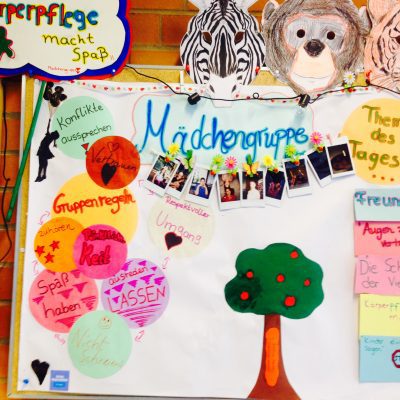Article
Technology today has evolved to such an extent that goes much further than the utopian thoughts from when the Internet just emerged. Instead of decentralizing voices, the Internet is now inevitably controlled by various powers, both political and economic. If there is a solution to minimize the harm, Jiannan believes that nurturing future citizens to be media and technology literate should be the key.
However, at least in China, the education system does not deem media literacy as important as it should be. In China, the Gaokao, or College Entrance Examination, is believed to be decisive for students’ future careers. In China’s city and province-level schools, capitals and resources there could help urban students triumph in these exams. Students in affluent families do not need to worry about exams as much as their rural counterparts because urban families allow them to have more life opportunities. Yet, rural families can only send their hope of upward social mobility to their children’s exam-based education. In front of social hope and structural inequality of educational resources, rural schools have to maximize classroom time and cram students with exam-based knowledge.
In front of the widening digital divisions amplified by recommendation algorithms and teachers’ lobbying to obey and accept everything before the college entrance exam, students become uncritical about many perspectives of the information they receive.
About Tracing the Truth
Jiannan first launched this Action Project when he was volunteering in a rural high school in China. There, students indulged in scrolling through their short video feeds on social media and playing games on their phones without proper guidance and oftentimes were misled by unverified information online. In the meantime, the Gaokao exam-oriented education in these schools did not encourage students to offer critical assessments of the information they receive, as teachers believe that students can achieve high scores as long as they follow rules and write accordingly.
While most school magazines in rural China customarily function to orient students to follow leadership’s correct guidance in a way that state media does in Chinese society, Jiannan and his colleagues set up “Tracing the Truth” with students to uncover those unheard stories, balancing various interests while providing students an opportunity to learn media literacy.
Project Development
Jiannan’s primary role in the project has been to provide short workshop packages. These packages covered basic topics in journalism, including searching and discerning online information sources, biases of interviews, fact-checking, logical fallacies, purposes of media content, and disinformation. Instead of instructing students in a classroom setting, Jiannan blended these workshops into club activities and encouraged students to transform these skills immediately into the pieces they were writing.
Students should firstly focus on the community they are situated in.
Before encouraging students to see the bigger society through a critical lens, Jiannan believes that students should firstly focus on the community they are situated in. Throughout the project, students have collectively produced various valuable articles and news videos. The project also invited school principals and other leaders to participate in the project as well, and we set their roles to be as equal and same as the student journalists and editors. After rounds of discussions, Tracing the Truth help improved campus facilities and changed some discriminative policies in this campus community.

Next Steps
Since the March 2022 Omicron outbreak in Shanghai, the controversial “Zero-COVID” policy has put 25 million city residents into a strict lockdown. Many city residents are dying not of COVID, but because of a lack of food and medical resources. They are put into forced quarantine, separated from their families, and many were rumored to have committed suicide. The massive testing and pandemic protocols forced many people with different genders, sexual orientations, diseases, and disabilities to come out – a side effect of the policies. However, many stories were left unheard because of information control.
Jiannan is currently working on expanding this participatory media publication to a broader level, inviting citizens of all kinds to participate and uncover stories digitally through podcasts and social media. This new extended project should have been started this March. However, as Jiannan has also been suffering from a lack of daily necessities in Shanghai, enduring physical and psychological discomfort throughout these months, the plan is postponed.
Meanwhile, Jiannan collected visual footage for his project at that rural high school and is now also editing them into a documentary. Jiannan welcomes support in documentary editing, screening, and publicization.
Updated in August 2022




